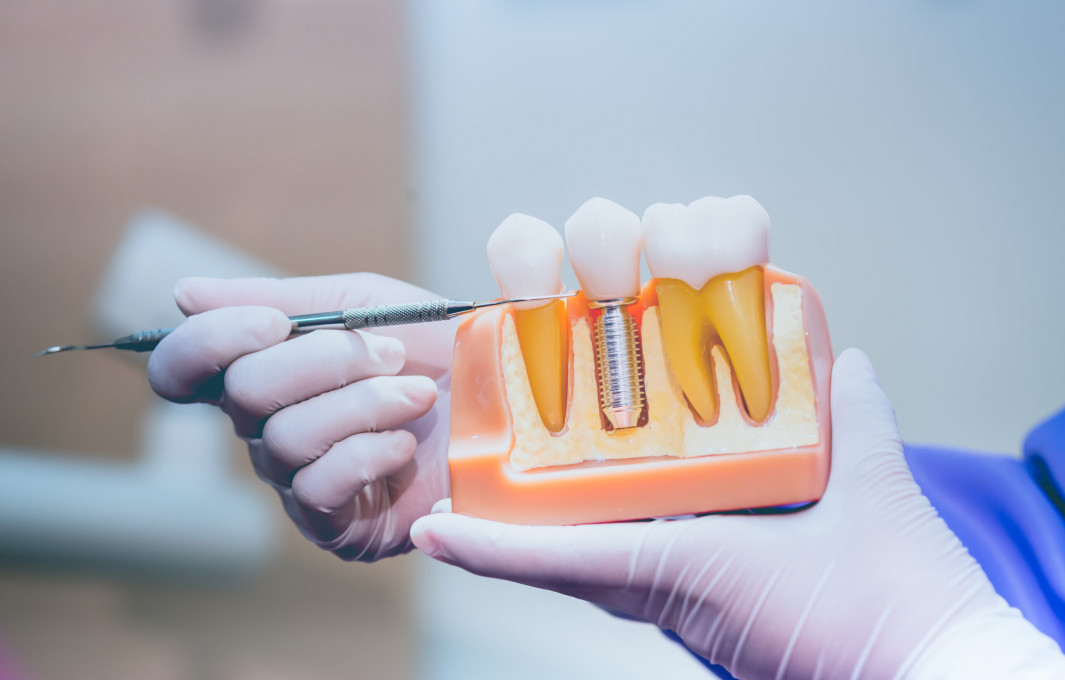Diş İmplantı

Dental Implant: A Reliable Solution for Permanent and Natural-Looking Teeth
A dental implant can be defined as an artificial root placed in the jawbone to replace a lost tooth. The prosthetic tooth placed on this root has an appearance and functional properties very similar to the natural tooth. Dental implants are a popular solution among individuals who want to regain an aesthetic and functional smile. Information will be given about the details of the dental implant procedure, its advantages, eligibility criteria for candidates and possible risks.
What is a Dental Implant?
A Dental Implant consists of a titanium screw or bolt-shaped artificial root that is placed in the jawbone to replace a lost tooth. This implant fuses with the bone like a natural tooth root and forms a strong bond. The prosthetic tooth placed on it is fixed on the implant and provides an appearance and function similar to the natural tooth.
Dental Implant Procedure
The dental implant procedure usually takes place in several stages. First, the area where the implant will be placed is anesthetized under local anesthesia and a hole is drilled in the jawbone. Then, the titanium implant is placed in this hole and waited for a few months for it to fuse with the jawbone. After the implant fuses with the bone, a plaster impression is taken to attach the prosthetic tooth and the prosthetic tooth is prepared in the laboratory. Finally, the prosthetic tooth is placed on the implant and adjusted appropriately.
Dental Implant Candidates
Dental implants are suitable for individuals with a healthy mouth structure and sufficient jaw bone volume. People who are missing teeth, whose jawbone is of sufficient thickness and density, and who do not have other oral health problems such as gum disease are generally candidates for dental implants. However, since every situation is different, suitability should be evaluated by a dentist or dental surgeon.
Advantages and Risks of Dental Implants
Dental implants have many advantages. These include an appearance and function similar to natural teeth, no damage to surrounding teeth, recovery of chewing and speaking functions, and long-term durability. However, the implant procedure may involve some risks, including infection, implant failure, damage to the jawbone, and nerve damage.
In conclusion
Dental Implant provides an effective and permanent solution to replace a lost tooth. This procedure can restore chewing and speech functions as well as regaining an aesthetic smile. However, since every patient is different, it is important to discuss suitability with a dentist or dental surgeon before opting for a dental implant.
